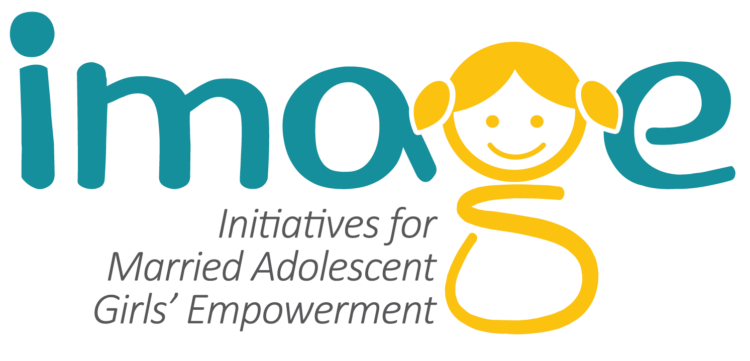
Nearly 1.5 million girls in India get married before the age of 18.
According to the Karnataka State Commission for Protection of Child Rights, the state of Karnataka accounts for 23% of India’s child marriages. Poverty, tradition, lack of awareness, and fear of sexual violence in economically and socially disadvantaged communities are some reasons for child marriages. Early marriage takes a toll on the girl’s health, her schooling is stopped, and in some cases, she is subjected to abuse.
Children of India Foundation in affiliation with TdH-NL have decided to address the issue by reaching out to married adolescent girls in districts of Karnataka where child marriage is most prevalent. The project is one of the few in the country that addresses the concerns of an ignored population – victims of child marriage.
Phase 1 of the project reaches out to 204 villages across five districts of Karnataka,
Chamarajanagar, Chikkaballapura, Bidar, Belagavi and Bagalkot
covering 3077 Early Married Girls (EMGs), their families and their spouses

Our EMGs are empowered in the following areas :
Phase 2 of the project reaches out to 721 villages in fifteen districts of Karnataka covering 15,000 Early Married Girls (EMGs)
Phase 2 of the project focuses on training Early Married Girls (EMGs) as Agents of Change through the following strategies :